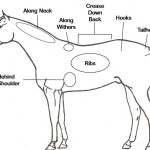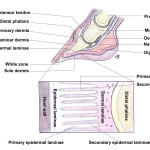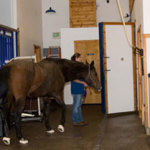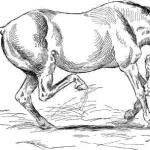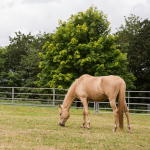Easy Keepers
Every day in our practice we see horses of different breeds, sizes and body weights. With the high cost of feeding and maintaining a horse nowadays, we tend to keep our focus on the skinny rescue horses. But what about the opposite end of the...
